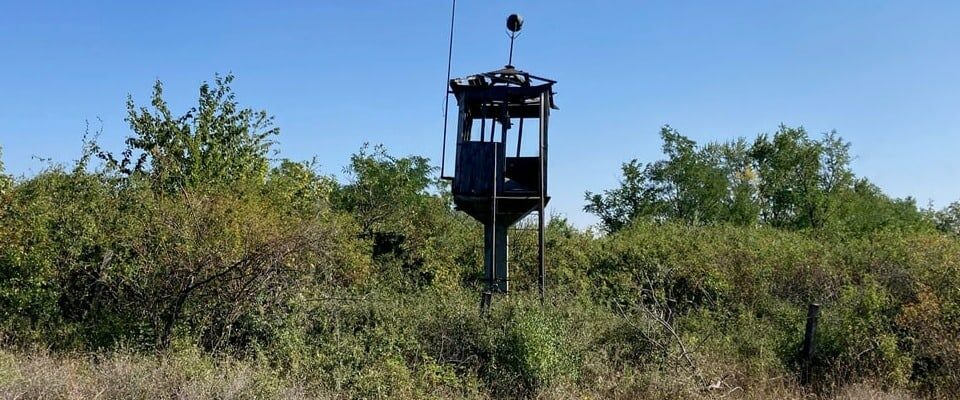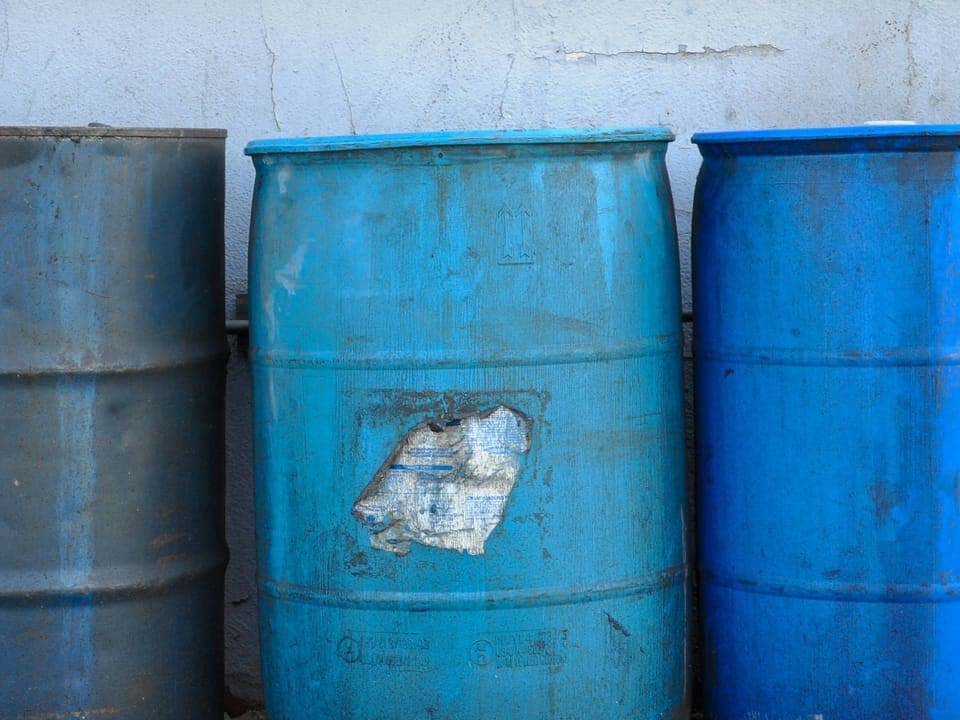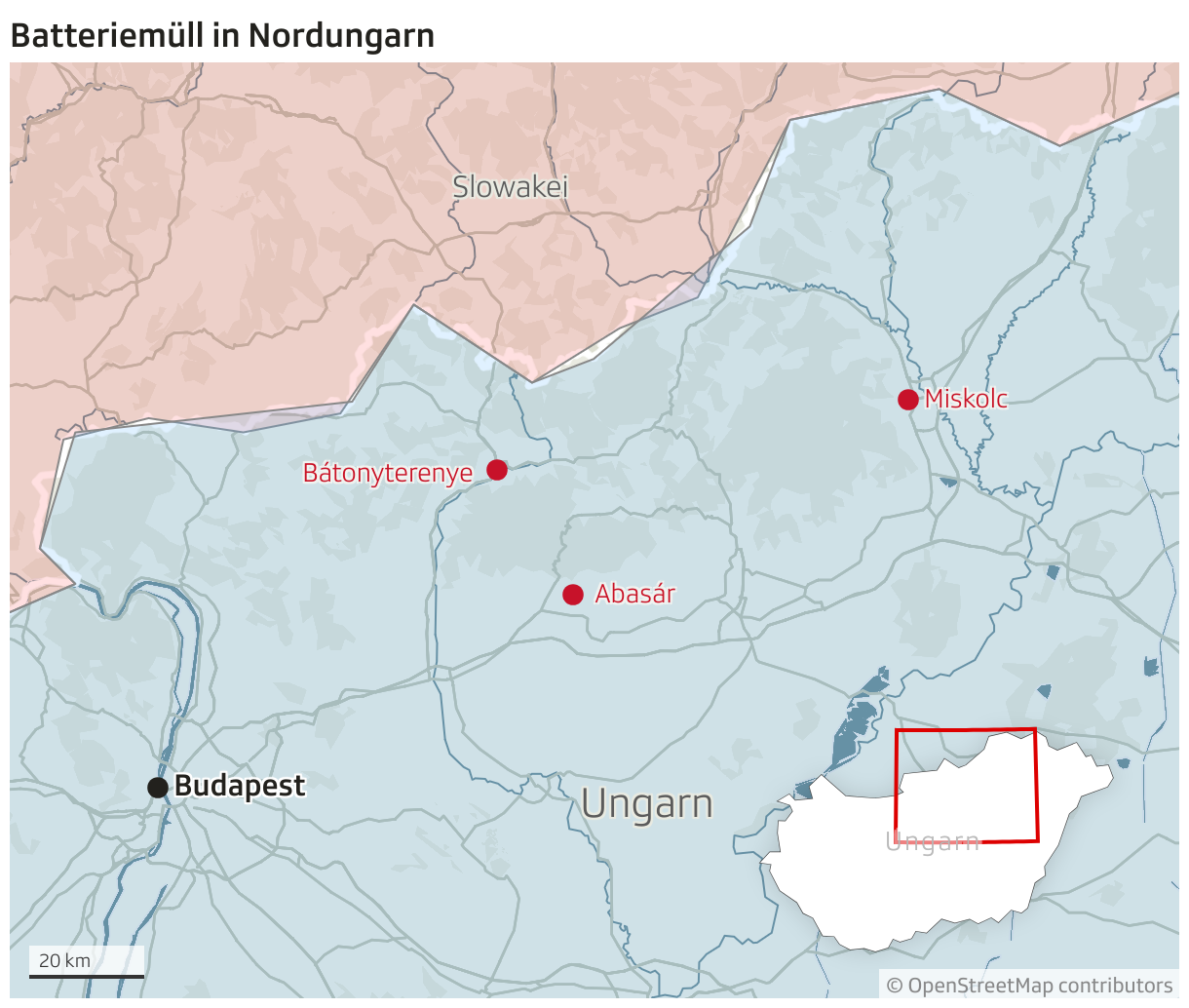Contents
We all need batteries, even more in the future than we do today. And little Hungary wants to become a global player in the production of batteries. But the country lacks a strategy for recycling.
The pretty northern Hungarian village of Abasár would be a nice setting for a crime thriller: Gift lies in an abandoned barracks on the outskirts of the village. Hundreds of barrels of battery waste that can make you sick. You can’t see the barrels, but villagers say that weeks ago trucks came at night to unload them. “Samsung” was written on some of them. The Korean company has a battery factory in Hungary.
Hungary wants to become number one in the battery market
Batteries – especially for electric cars – are the future for the Hungarian government. They fit in with the many car manufacturers that are already in the country. At least five large battery factories are to be built, mainly Chinese ones. If it works, Hungary will become the number one battery manufacturer in Europe. To make it work, the Hungarian government is helping with low taxes and quick approvals.
What gets lost is that 30 to 40 percent of the batteries have to go straight from the assembly line into recycling because they don’t work as they should. But instead the garbage ends up in villages like Abasár.
“We will not be a stronghold for batteries, but a garbage can,” says a villager. The toxic substances could seep into the groundwater. And no one informs the villagers about what is going on with the garbage. Many would be afraid. “The government is capable of harming us just so that the battery factories can come to Hungary.”
Even the inspectors get sick
An hour and a half drive away from Abasár, in Bátonyterenye, there is also toxic battery waste in a closed factory. SungEel is the name of the Korean company that recycled batteries here until recently.
But then Eva Doko came. She lives here and became an activist because of battery waste. “What this company did here is absolutely outrageous – they have support from the very top,” she says. She and others saw some time ago that the air measurements on the Internet showed catastrophic fine dust levels for their town.
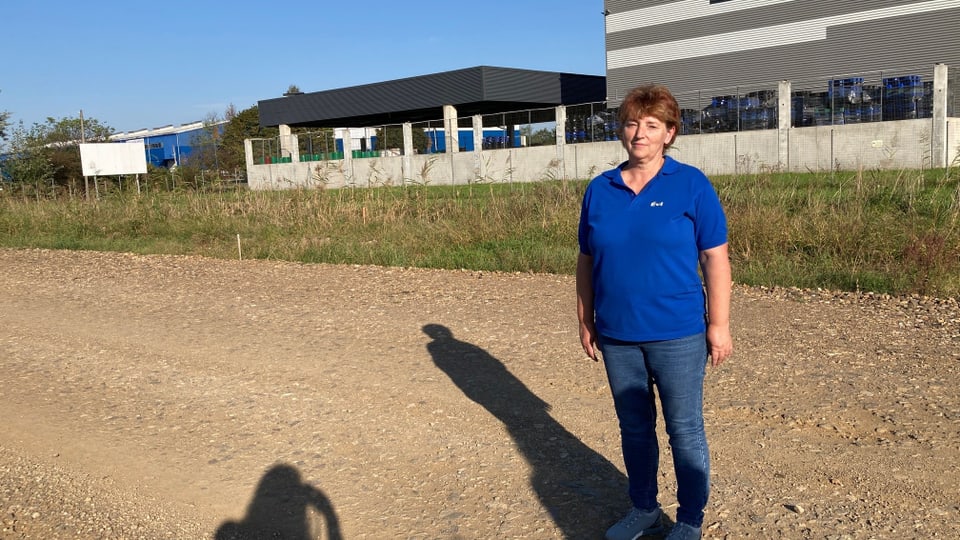
Legend:
Eva Donko fought in Bátonyterenye for the SungEel factory to close.
SRF
“But civil protection told us that the measuring device was probably broken.” Soon there was an explosion in the factory and Eva Doko put pressure on her. State inspectors came to Bátonyterenye – and developed a rash and cough. The authorities then closed the factory and fined the owners.
The recycling problem remains unsolved
Hungary’s foreign minister recently stated that a Slovenian company is bringing the latest, best recycling technology to Hungary. She could build a factory immediately with government support. But activists discovered that the company in question had only been founded recently, had no references and belonged to a shell company in Switzerland. Construction of the factory has now been put on hold.
Investing in batteries is logical and sensible. But not at any price
Neither government representatives nor the companies mentioned wanted to speak to SRF, despite repeated requests.
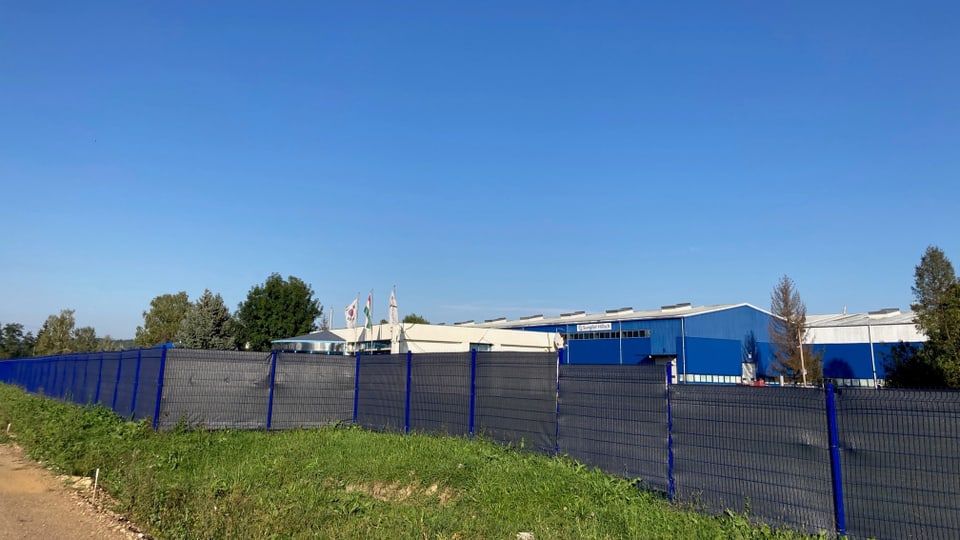
Legend:
The view of the battery factory in Bátonyterenye is now obscured by a fence; work here used to be negligent.
SRF
Many people in Hungary are now skeptical about batteries. Also Pál Veres, mayor of the city of Miskolc, on whose territory the much heralded recycling company should have been built. He says investing in batteries is logical and sensible. But not at any price. To protect the quality of life, his city has now formulated conditions for companies that want to settle there, especially stricter environmental requirements.
